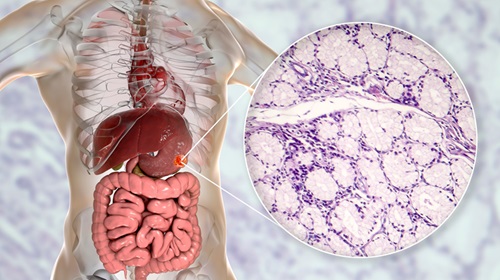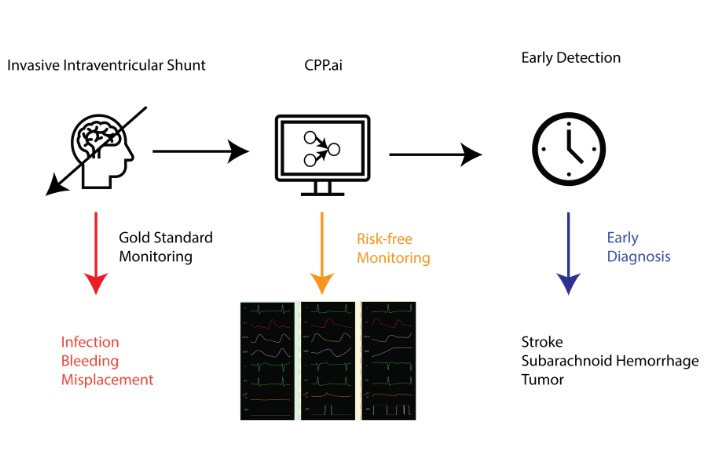Aptamer-Based Biosensors Could Revolutionize Gastric Cancer Screening and Diagnosis
Posted on 17 Jul 2024
Gastric cancer is one of the most deadly cancers globally, especially in Asia. Traditional screening methods like endoscopy are invasive and often fail to detect the disease early. Aptamer-based biosensors present a promising alternative for early detection due to their high sensitivity and specificity, with the capability to identify key biomarkers such as carcinoembryonic antigen (CEA) and CA125, essential for early diagnosis and assessing prognosis.
Aptamers are synthetic single-stranded DNA or RNA molecules that adopt specific three-dimensional structures, enabling selective binding to various targets, including proteins, miRNAs, metal ions, and cells. They have several advantages over antibodies: they are cheaper, more stable under varying environmental conditions, and do not require animal models for synthesis. These attributes make aptamers valuable in detecting disease markers, particularly for cancer diagnostics. In a study recently published in the Exploratory Research and Hypothesis in Medicine, researchers at Iran University of Medical Sciences (Tehran, Iran) reviewed the role of aptamer-based biomarkers in early diagnosis of gastric cancer. Research has demonstrated aptamers' versatility and effectiveness, particularly in detecting specific exosomes and other biomarkers in bodily fluids, serving as early indicators of gastric cancer. This is crucial given the typically asymptomatic nature of early-stage gastric cancer, which complicates timely diagnosis. Aptamers conjugated with gold-decorated polymorphic carbon have successfully identified early gastric cancer exosomes in urine samples with more than 90% accuracy, demonstrating their potential as a non-invasive screening method. Aptamers targeting biomarkers like human epidermal growth factor receptor 2 (HER2) and growth hormone-releasing hormone (GHRH) have also shown potential in diagnosing and treating gastric cancer.

In addition to detection, aptamers can deliver therapeutic agents directly to cancer cells, potentially enhancing treatment effectiveness while reducing adverse effects. This dual capability as both diagnostic and therapeutic agents marks a significant advancement in cancer treatment strategies. The use of aptamer-based biosensors could transform gastric cancer screening and diagnosis, offering a cost-effective, highly specific, and stable alternative to antibody-based methods. This shift could significantly lower healthcare costs and improve early detection rates, thereby enhancing patient outcomes. Future research should concentrate on improving aptamers' stability and binding precision, developing multiplexed detection systems, and performing extensive clinical trials to confirm the effectiveness of aptamer-based diagnostics in practical settings. Aptamer-based biosensors mark a significant advancement in the early detection of gastric cancer, offering an effective alternative to conventional antibody-based detection methods. Ongoing research and development are crucial to harnessing the full potential of aptamers in clinical applications, potentially revolutionizing cancer diagnostics and personalized medicine.
Related Links:
Iran University of Medical Sciences













